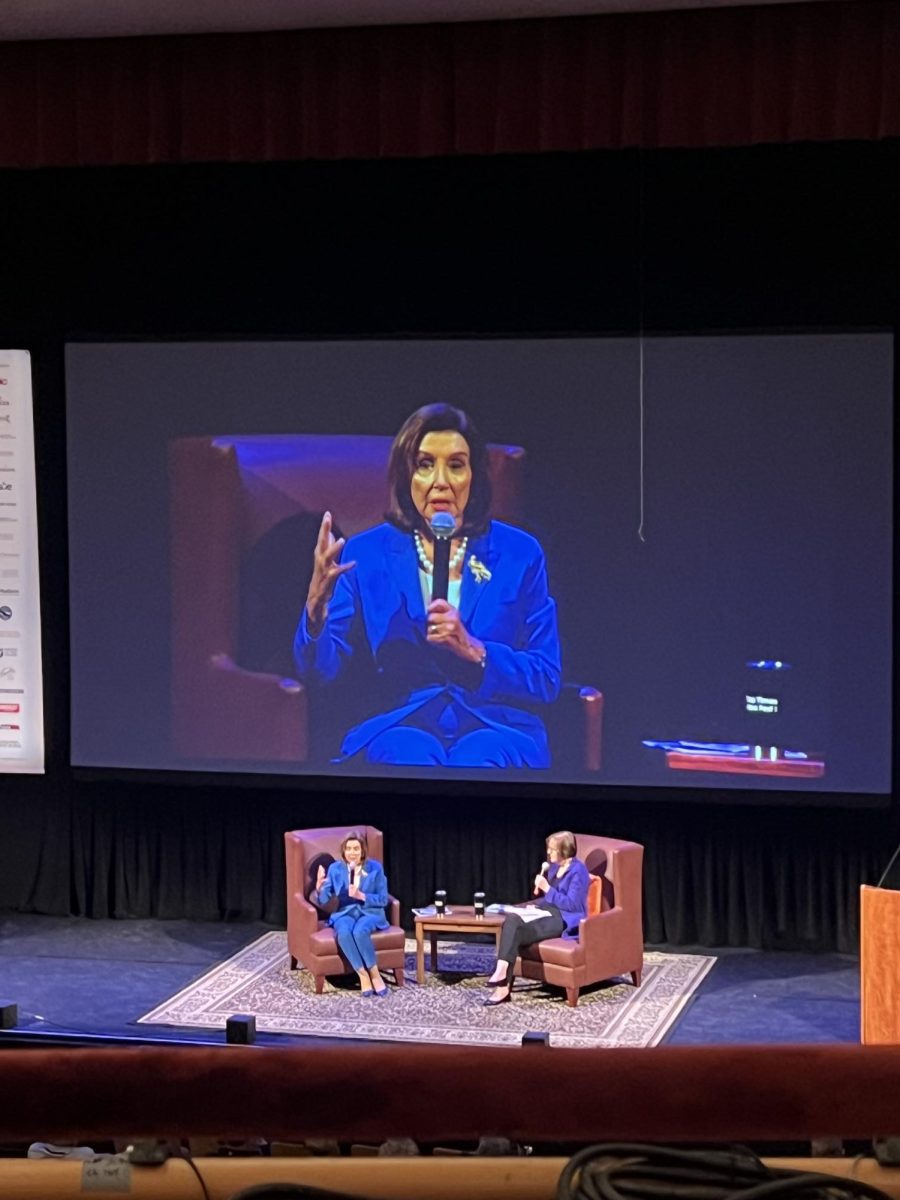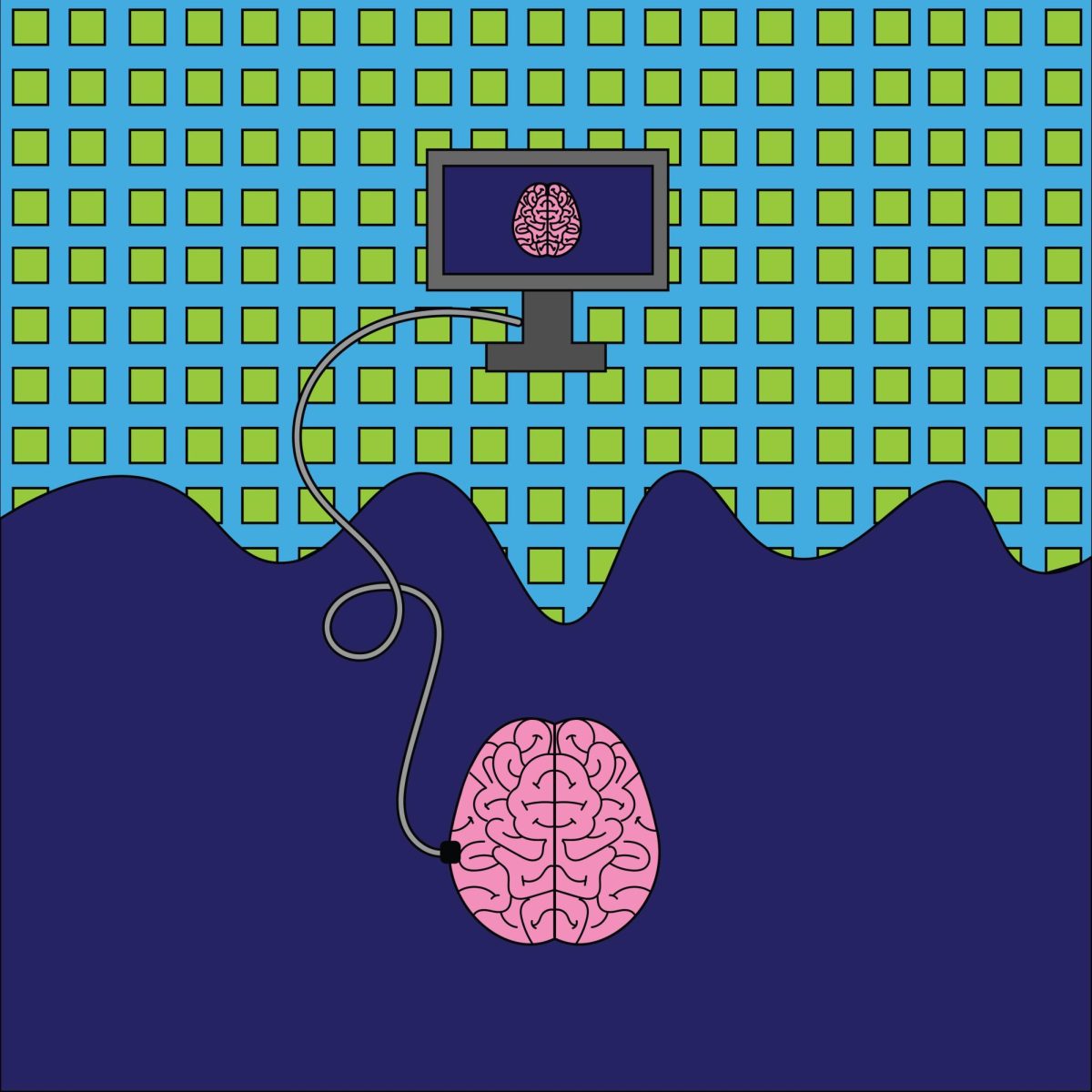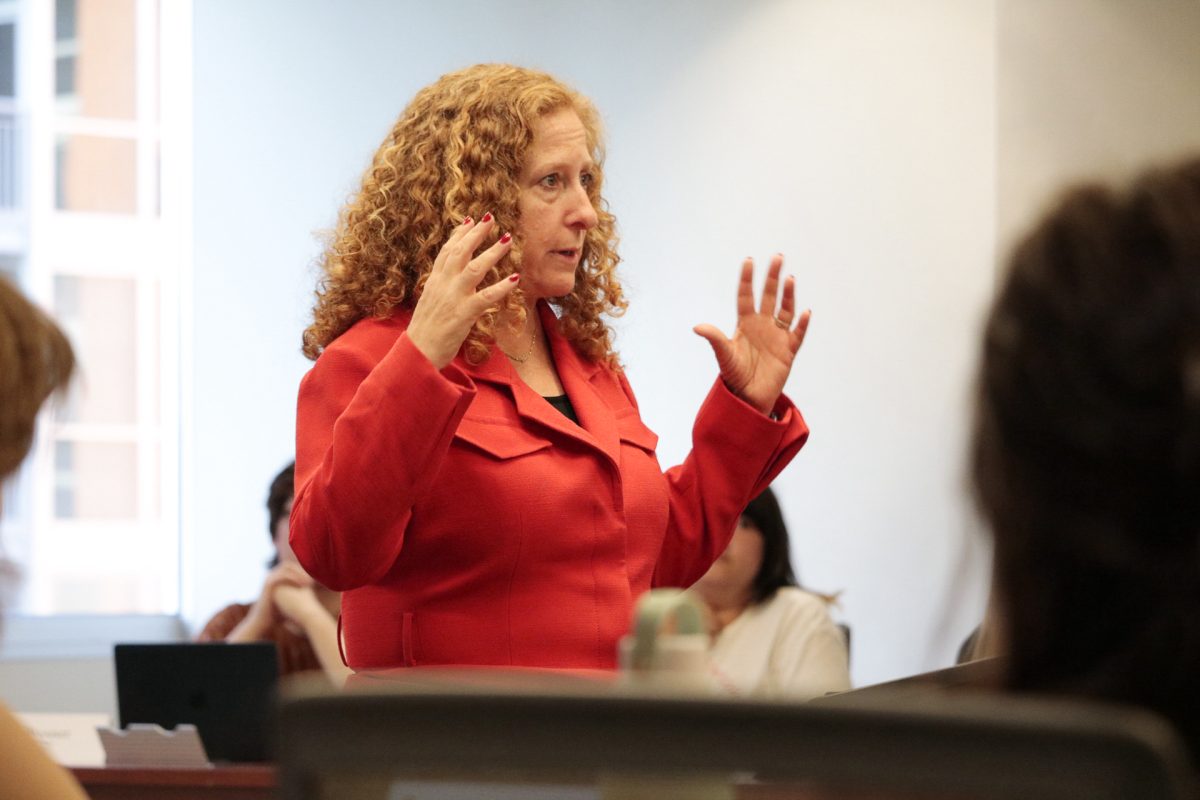As far as Internet behemoths go, Google may be the most versatile, with services that have changed the way people at the University of Wisconsin search, read and research.
Google’s facets are many and often beneficial to its users, but the nature of cloud-computing poses challenges for UW researchers and students.
Binary Library
It is not hard to find a quiet space to read on campus – UW has over 40 study spaces and libraries. However, the biggest of these libraries is currently under construction and with not a single stack of books to be found.
In 2006, UW Libraries announced its partnership with Google Books to digitize some of the university’s book collection.
“We’re one of many libraries in the country. The goal of the project is to create an enormous resource of digitized books, without overlap,” said Ken Frazier, director of the General UW Library System.
When a book is sent to Google Books to be available on the Internet, the libraries always get the physical copy back, and it is only gone about a month, Frazier added.
Approximately 500,000 works from the UW shelves have been digitized by Google. If UW were to tackle this venture independently, UW Library Administrator Ed Van Gemert said it would cost approximately $30 per book.
Compensation has never been considered. Google has never paid UW for the books, and UW has never paid Google for the services, Frazier said.
With so many works now preserved forever digitally and available to the public, the partnership does not seem to pose any downsides, but Frazier said he acknowledged others’ concerns about using Google.
“The fear is Google is monopolizing books…They have demonstrated real integrity and respect for the law and respect for the authors… Google does not own or claim to own the intellectual property of the book,” Frazier said.
If Google or each digital volume in the Google Books collection is destroyed, UW Libraries have a digital store of their own.
UW is a member of the Hathi Trust, which is an organization of over 40 universities who have collaborated to digitize their books separate from Google Books.
The trust is not an attempt to outdo Google, Van Gemert said, but a way to provide scholarly services which are not provided through Google Books.
“Think of it as insurance,” Van Gemert said.
Beyond the digital infrastructure of these new libraries, a vast array of people have been using the books, be it students in kindergarten and middle school or graduate students tracing language changes over 400 years, Van Gemert said.
Apps in the Clouds
This year UW, the Division of Information Technology and Google launched a pilot program with Google Apps such as Docs, Calendar and Sites – all examples of cloud computing, which, while free, pose UW information-distribution problems.
There is no visible difference between using the piloted apps through the university and the regular apps anyone can use. The crucial difference and the reason the pilot was launched lies in the apps’ licensing agreement.
DoIT spokesperson Brian Rust said buried in the language of the regular license issued to Google Docs, Gmail, Google Sites and other applications is the right which affords Google ownership to the content created within the applications.
Usually, when the government or another agency funds research at UW, they expect the discoveries and findings to belong solely to the researcher, Rust said.
This regular version of the license jeopardizes UW researchers’ intellectual property if they were to use a Google service to communicate with other researchers or draft their findings, Rust said.
Several hundred members of the UW community participated in the pilot, which features the same apps with a license tailored to allow the content created within the framework of Google Docs to belong solely to the author.
“It’s a big issue in higher education, particularly among researchers,” Rust said.
Those using the pilot must have two separate accounts: one to use Google services personally without the tailored license, and one which uses only the services provided in the pilot.
The content cannot switch over between accounts and be protected under the special UW license, Rust said. It is up to the user to keep the content distinct.
There has been no formal survey of the pilot’s feedback, but Rust said from anecdotal evidence those who participated like the assurance that their information belongs solely to them.
Not As Free As it Seems
Currently there is a parallel project looking to see if WiscMail or WiscCal could be replaced, Rust said. A number of services, including Google, are being considered.
However, the university would have to be cautious and methodical if it were to switch to using free, third party services.
“It seems free… no institution which has made that kind of a switch has found it to be free,” Rust said.
Switching to a corporation like Microsoft or Google to host emails, calendars and documents makes the university an intermediary. If students have issues with the provided computing services, they will go to the university for support, Rust said. The university would still have to field the support costs.
While there has been no final verdict on using a third party to host computing services, Rust said UW could not firmly depend on a third party for data or back-up at this point.
‘A Milestone in History’
Google plays as much a role on campus with the structure and ownership of information as it does with the creation of it.
The UW Center for Sustainability and Global Environment has used Google Earth Pro for some of its research.
Google gives 50 free licenses to the center to use for its research every year, but requires the center to justify the gift with written accounts of how the program has benefited their research, said Mutlu Ozdogan, a UW professor of environmental studies.
There is no doubt the corporation has a presence on this campus from a casual Internet search to a search for a job: Google recruiters will be on campus next week in the Computer Science Department.
The corporation’s reach is vast, and it has the potential to redefine research and information structure.
“[The] Google project is a milestone in history,” Frazier said.













